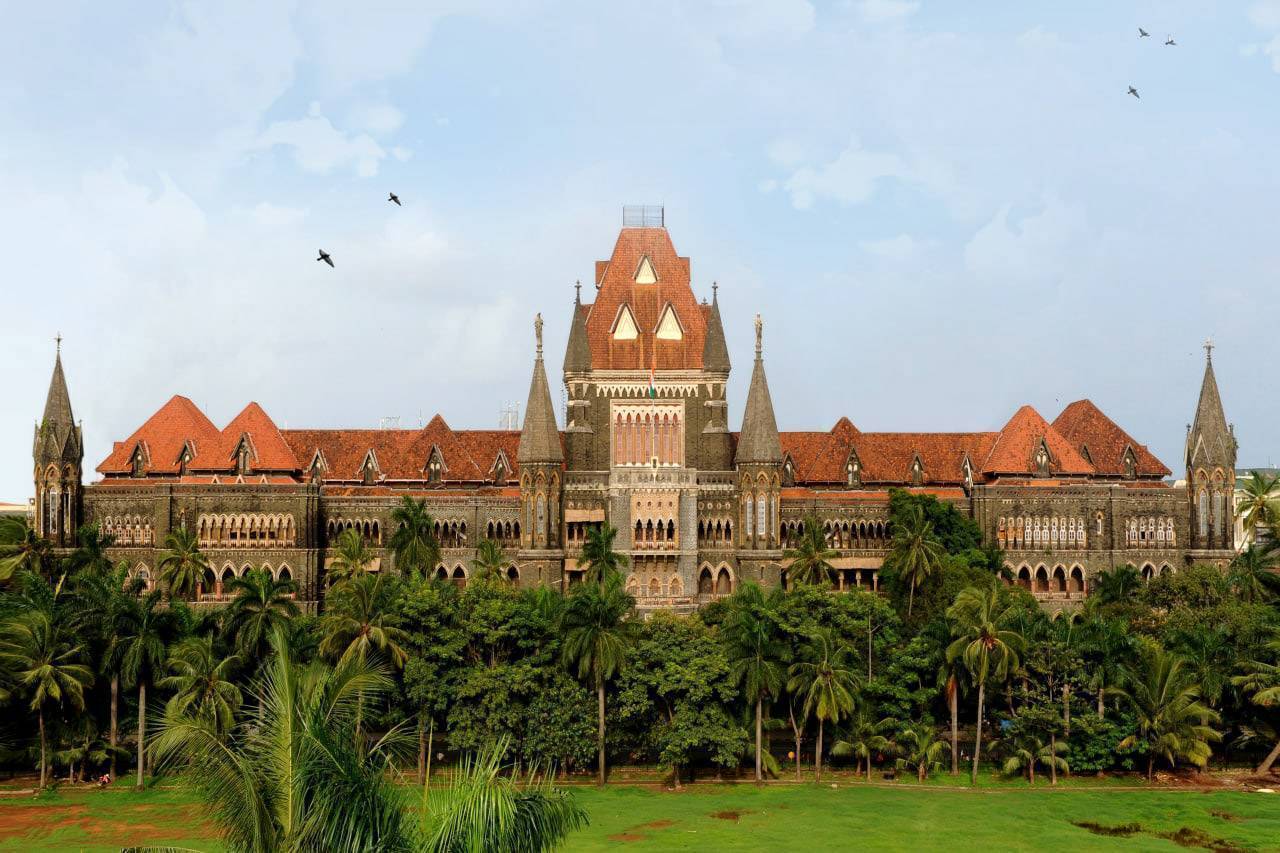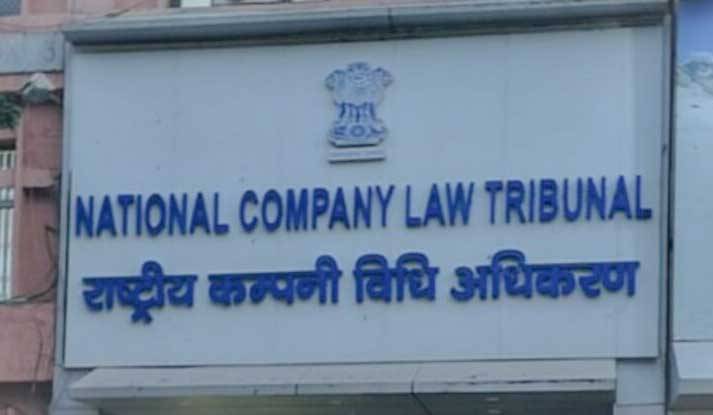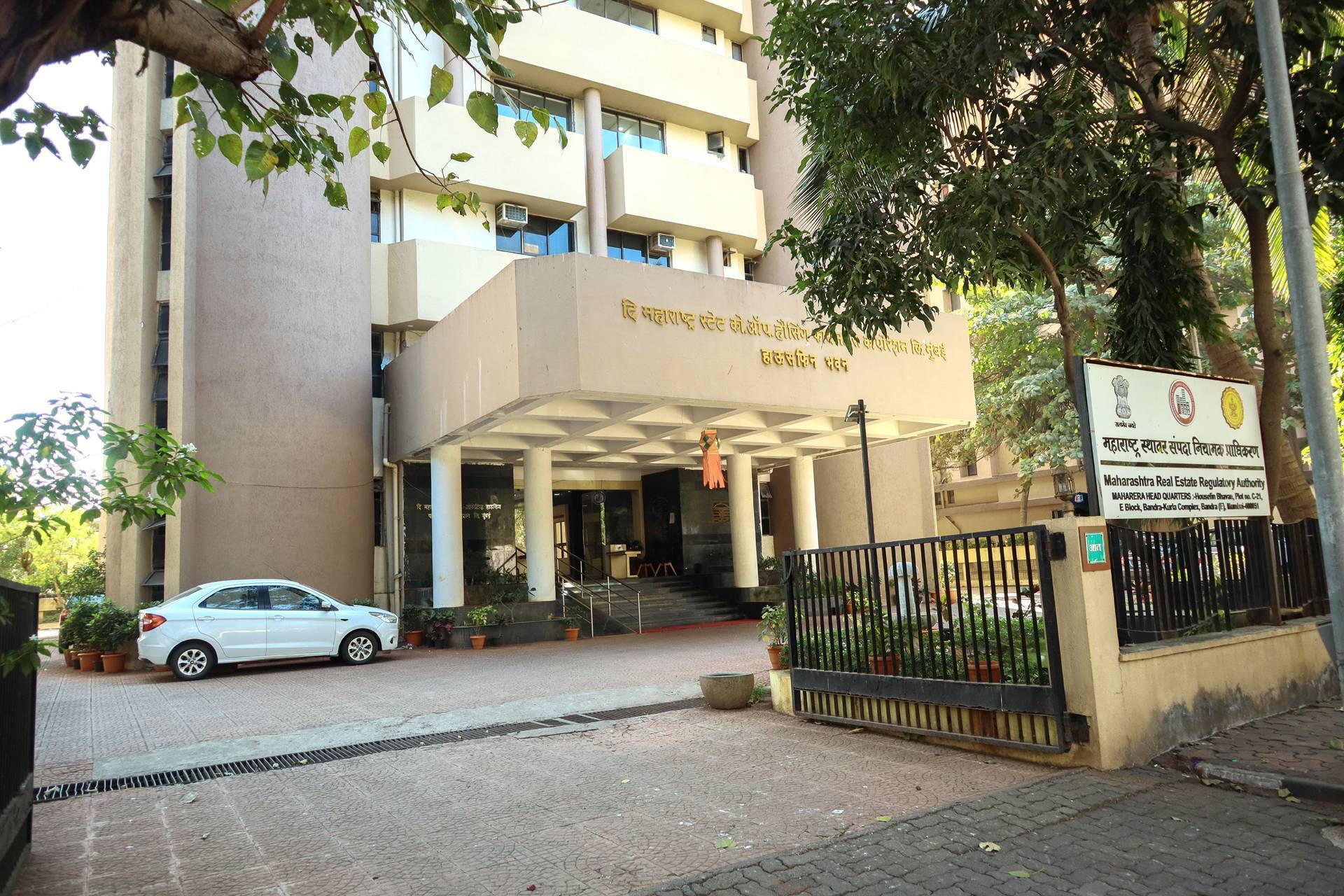The Madhya Pradesh High Court recently issued a significant ruling concerning the jurisdictional boundaries between revenue and civil courts in land dispute cases. The court determined that once a civil suit has been filed by any of the parties involved, the revenue courts must cease any further hearings or proceedings on the matter. Justice G.S. Ahluwalia presided over the case, staying an earlier order issued by the Jabalpur Divisional Commissioner’s court, which had intervened in a land dispute despite the matter being moved to a civil court.
The dispute originated in Jabalpur, involving Abhishek Nigam and Amresh Shrivastava, who jointly purchased land and sought its division. In 2011, the two filed an application before the tehsildar for the partition of the property. The tehsildar approved their request, formally dividing the land and registering the separate titles in the respective names of Nigam and Shrivastava in the revenue records. This arrangement remained unchallenged for several years, appearing to be settled without incident.
In 2018, Shrivastava took legal steps to challenge the decision made years earlier. He filed an appeal with the Sub-Divisional Magistrate (SDM), contesting the tehsildar’s order that had divided the property. At the same time, he escalated the issue by filing a civil suit, effectively seeking resolution in the civil court. Recognizing the civil court's jurisdiction, the SDM chose not to pass a final judgment on the appeal, instead deferring to the civil suit.
Despite the matter being taken to the civil court, Shrivastava then filed an application before the Jabalpur Divisional Commissioner. The commissioner decided to set aside the tehsildar’s original order and changed the revenue record accordingly, effectively reversing the division of the property. This sudden alteration created further complications, with the revenue records reflecting a status that contradicted the ongoing civil litigation.
Abhishek Nigam, the petitioner, contended that the commissioner’s intervention was invalid. His argument hinged on procedural law: once a civil suit is initiated, the jurisdiction of revenue courts is suspended. This principle ensures that multiple authorities do not issue conflicting decisions on the same matter, maintaining judicial clarity and preventing undue confusion. Nigam pointed out that since the SDM had not delivered an order based on the merits of the case before halting proceedings, the commissioner lacked the legal standing to overrule the tehsildar’s decision.
The High Court, led by Justice Ahluwalia, agreed with the petitioner’s reasoning. The court held that revenue courts, including higher revenue authorities like the divisional commissioner, must stop hearing cases once a party has filed a civil suit in relation to the same dispute. This ruling emphasizes the primacy of civil courts in settling disputes that involve significant legal questions or the need for equitable remedies.
The High Court's order stayed the operation of the divisional commissioner’s directive, effectively nullifying any changes made to the revenue records based on that order. Additionally, the court issued an interim injunction that prevents the sale or any form of transfer of the disputed property until the case is heard further. This precautionary step aims to preserve the status quo, ensuring that no irreversible actions are taken that might complicate the final judgment.
This decision has broader implications for how land disputes are handled in Madhya Pradesh and potentially other regions. It reinforces the hierarchy of jurisdiction, clarifying that civil courts take precedence in matters that reach them, which mandates that revenue courts step aside. The ruling seeks to prevent duplicative legal processes and potential conflicts in orders issued by different legal forums. It also underscores the need for litigants to choose their legal pathways carefully, as pursuing parallel proceedings in revenue and civil courts can lead to jurisdictional issues and delays.
By staying the divisional commissioner’s order and calling for a response from the involved parties before the next hearing, the High Court set a precedent that reinforces procedural discipline. This case serves as a reminder of the importance of respecting jurisdictional boundaries, ensuring that the resolution of disputes proceeds within the appropriate legal framework, ultimately contributing to a more coherent judicial process.









.png)